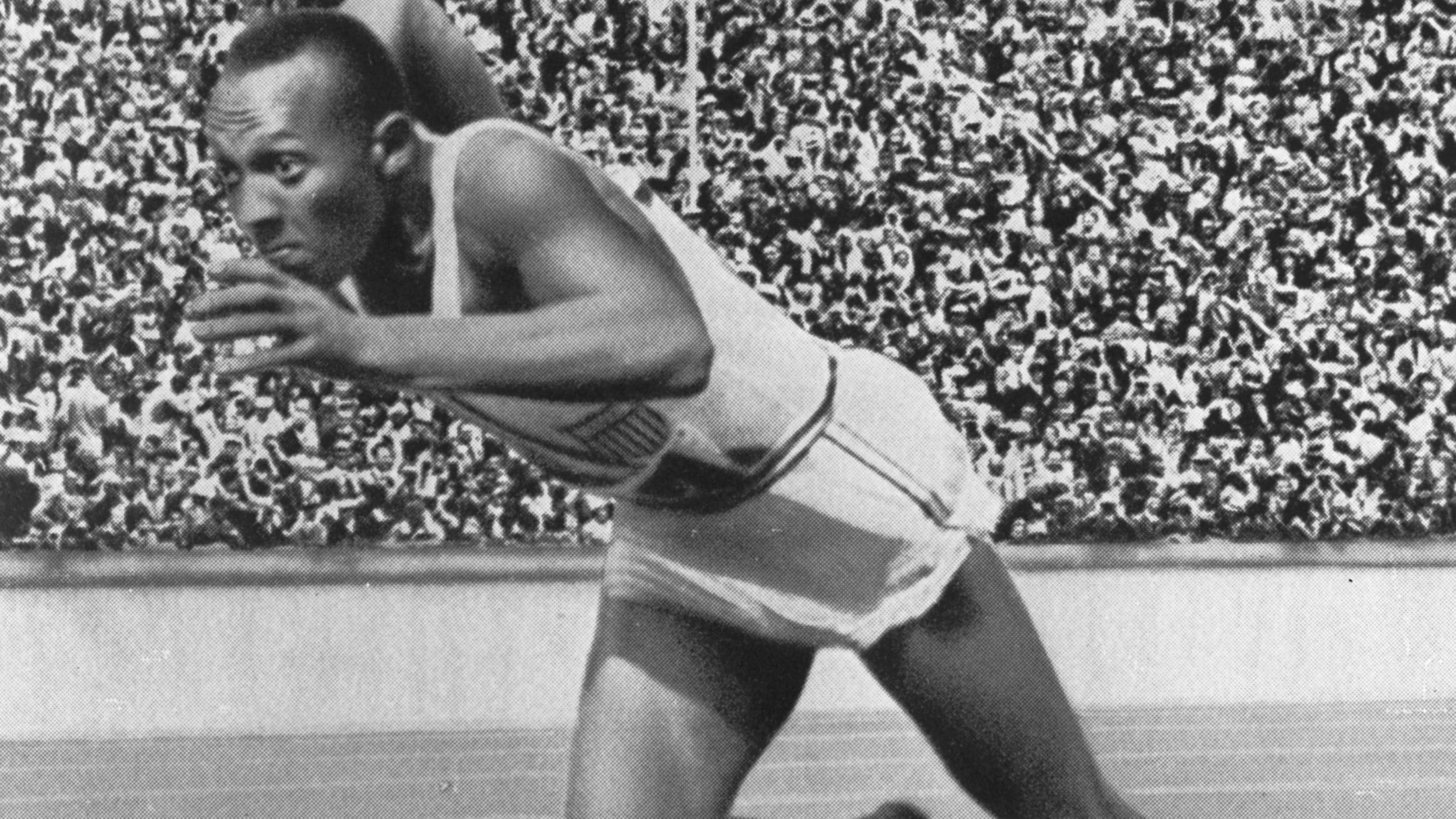Marathon training involves comprehensive preparation and dedication. Running 26.2 miles is no simple feat; getting your body to that point will take time and care. Here are some of the basics for preparing to run a marathon.
It is recommended that aspiring marathon runners establish a consistent base mileage about a year before beginning their marathon training. Base mileage is the length one can run on a non-race run without fatigue. The training period for a marathon is typically 12-20 weeks. You’ll want to run 3-5 days a week, slowly building up on mileage. Do not overextend your base mileage. Rather, build up slowly.
Every 7-10 days, incorporate a long run. You can continue to build on your base mileage, but every few weeks, it is recommended to dial back on your long run a bit to permit rest. Long runs can have a slower adjusted pace than usual runs as you train your body to burn fuel over long distances. Consider running half marathons, 5Ks, or other shorter races to become familiar with the atmosphere of a marathon. Most marathon training regiments do not push their marathon training beyond 20 miles during long runs. Although the full marathon is longer than that, factors like adrenaline, competition, and proper rest will help you push beyond on marathon day.
Runners should refrain from eschewing strength training while they prep for their marathons. Cross-training with bikes or swimming can help strengthen joints without the high impact of running. Focus on different types of squats and core workouts during a 1–2-week period during training. This strength can help improve overall performance if balanced with proper rest. Cross-training can also be considered a form of rest.
The 2-3 weeks before a marathon are when rest becomes most important. Tapering means scaling back the intensity and length of runs. At this point, you should also be running routes familiar with the marathon you’ll be doing. Familiarity with the layout of the marathon will help ease nerves.
Teaching your body how to maintain fuel and burn fat is important. The body only has so much energy. Runners report a ‘wall’ at the 20-mile mark where their limbs feel heavy. Consuming small amounts of carbohydrates during runs can help keep your energy up. Gels, fruit, or energy bars are good sources of energy. Experiment during practice runs with what type of food digests best, and create a routine that your body will remember for marathon day.
While seemingly common sense, taking care of your body outside of physical activity is also important. While 8 hours of sleep is a good benchmark, the quality of that sleep is also important. Keep your sleep schedule consistent. Try to structure your wake-up time around when you would be waking up for the marathon, even if the day of the event is far off. Stay off your phone for at least an hour before sleeping, and sleep in a cool, dark room. While training for your marathon, remember that it is a voluntary exercise. Work, family, social life, and illness can interrupt your training schedule. Be flexible, and do not let the marathon take over your life. Do not overtrain.
Running a marathon is a physical and mental game. Respect the length of the marathon. The advice delivered most often is to avoid starting a marathon too fast. There will be plenty of time to catch up later. Focus on positives during training. Use positive self-talk strategies mid-run to keep determined and focused. It may be daunting, but running a marathon is rewarding and should be something you want to do.







